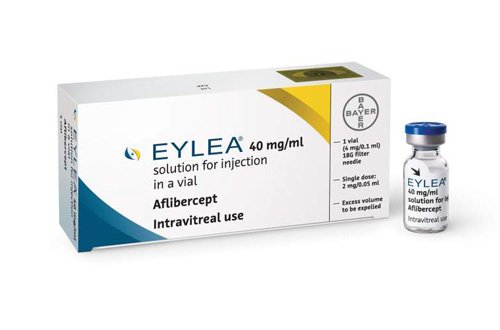Bayer’s Eylea receives DCGI approval for diabetic macular edema treatment
September 23, 2020 | Wednesday | News
Intravitreal Aflibercept is a highly targeted treatment administered via injection directly in the area of swelling in the eye
Image source: Bayer
Bayer has recently announced that the Drugs Controller General of India (DCGI) has approved a new indication for intravitreal Aflibercept (EyleaTM) injection solution to treat Diabetic Macular Edema (DME).
The approval of Aflibercept injection for intravitreal use presents a new and alternative treatment option to currently available therapies, for patients with DME.
India is estimated to have the second-highest number of diabetes cases in the world, with 77 million cases projected to grow to more than 100 million cases by 2030. Diabetic macular edema (DME) is the most common cause of moderate vision loss in patients with diabetic eye diseases and is expected to affect 22.4 million Indians within the next two decades.
Dr Shobhit Chawla, Sr Vitreo-Retina Consultant, Lucknow and President, Vitreo-Retina Society of India said, “Based on existing medical literature, we can estimate that diabetic eye disease is found approximately in every fifth person living with diabetes in urban India, and every tenth person living with diabetes in rural India. However, very few diabetic patients get screened proactively. The current pandemic has exacerbated this situation, with many patients waiting until symptoms of vision loss worsen.
Manoj Saxena, Managing Director Bayer Zydus Pharma said, “India has a large and growing prevalence of diabetes, coupled with low levels of awareness and diagnosis of vision-related complications resulting from the condition. Since a significant number of people living with diabetes are under 50, are working and may have dependent families, the economic and social burden of such complications is high. Intravitreal Aflibercept (EyleaTM) offers patients impacted by diabetic vision loss a new option to be proactive and stay ahead of the disease, thereby allowing patients to maintain their vision and to continue to participate in important daily activities such as reading, working and driving.”









